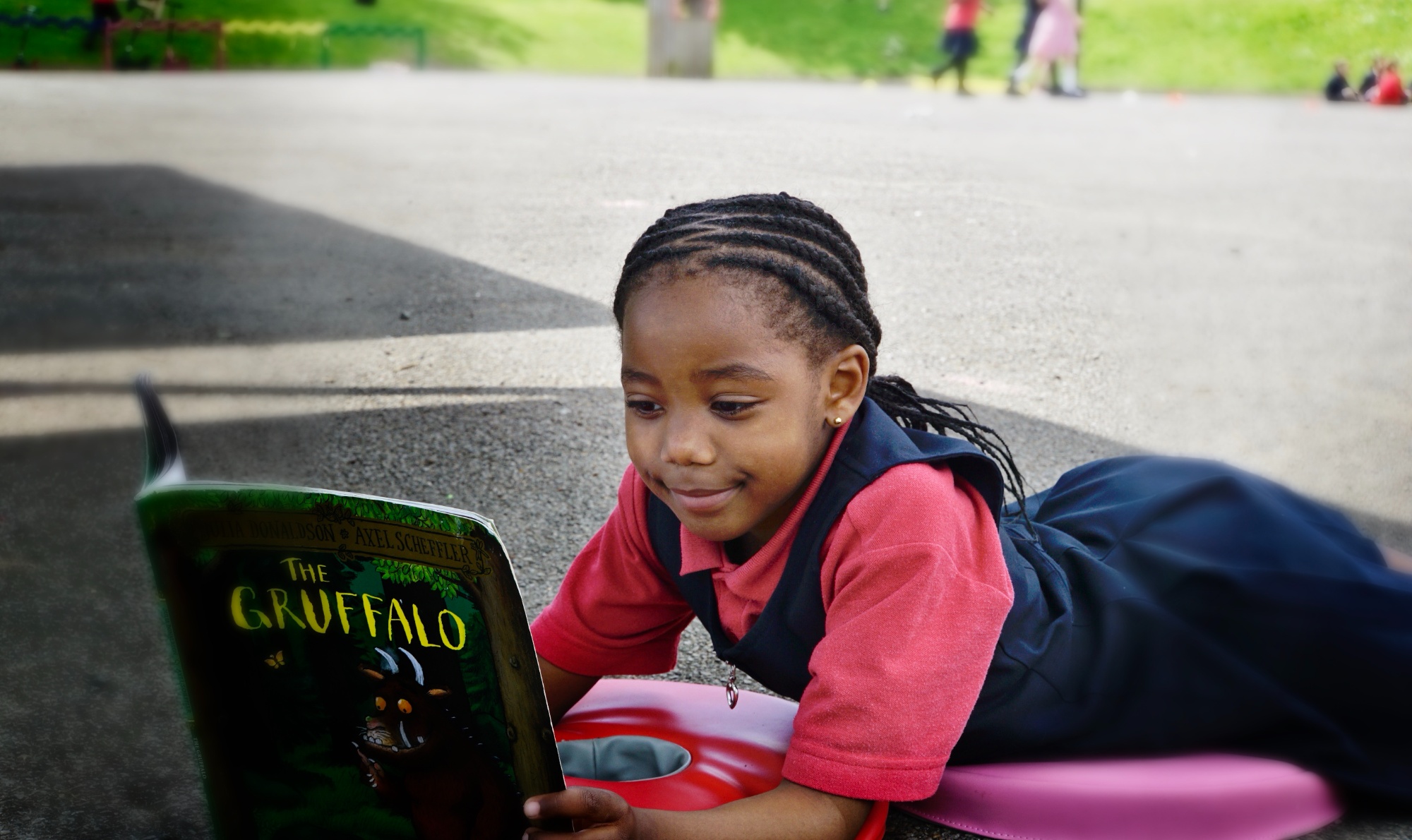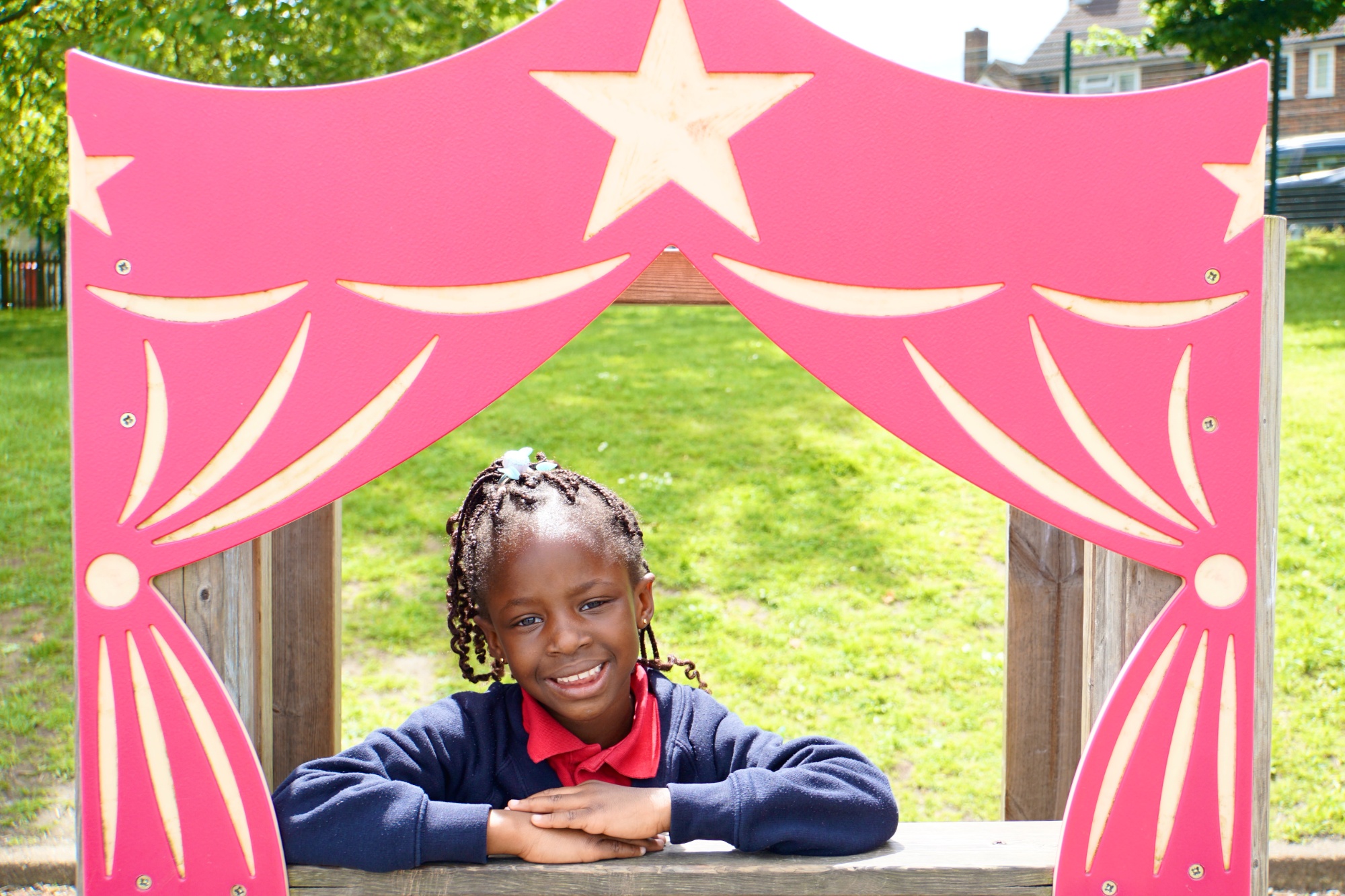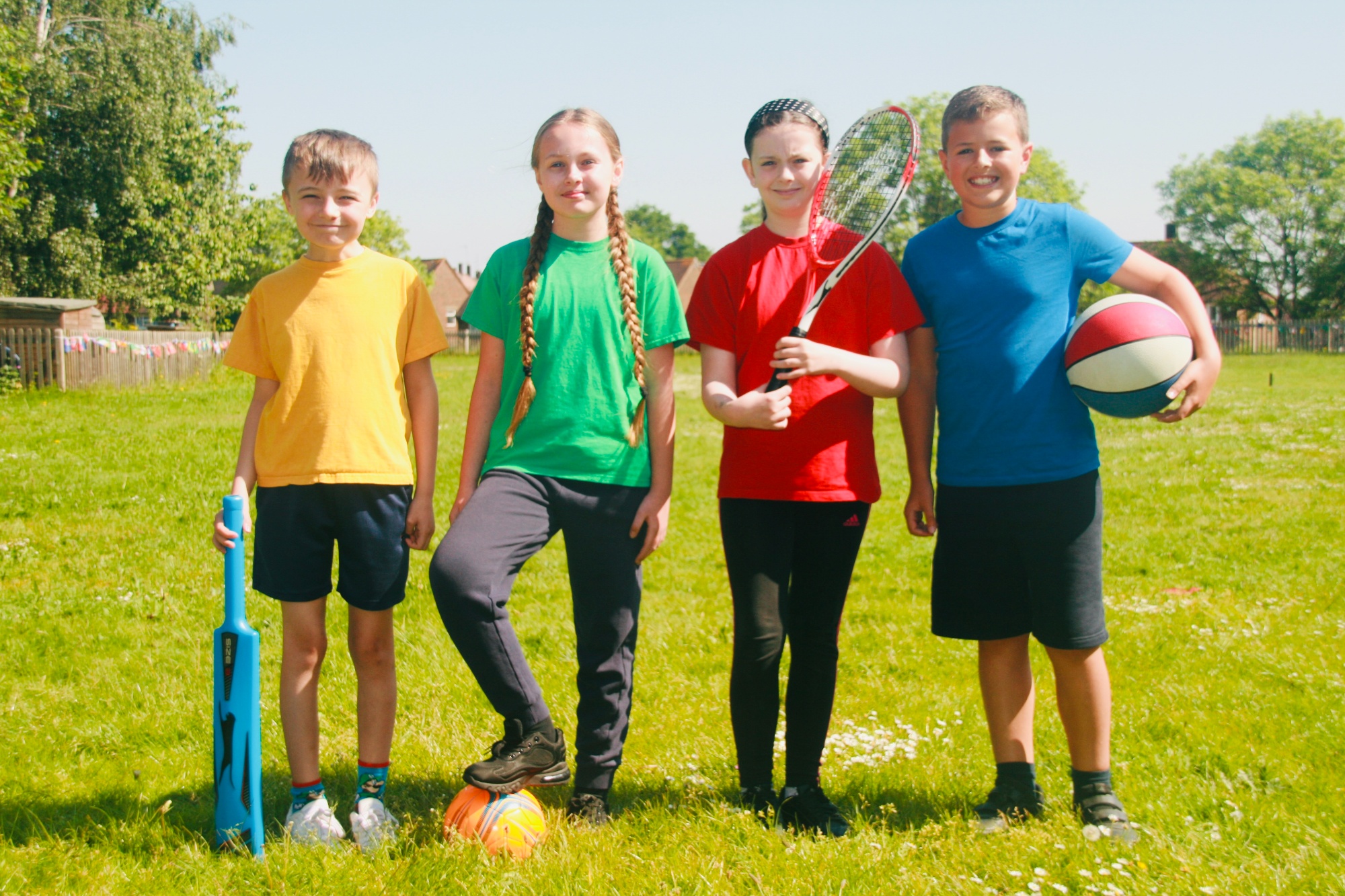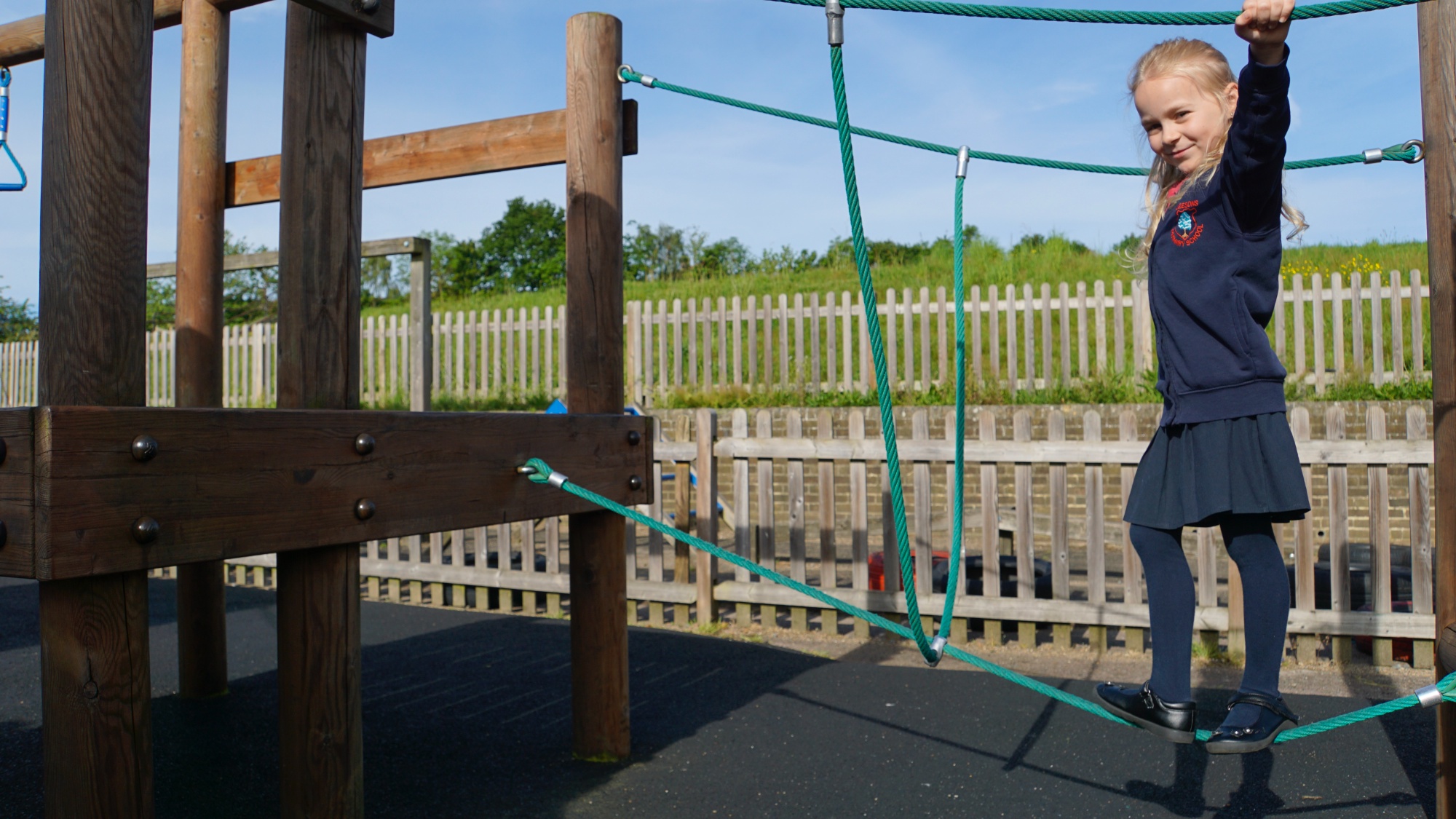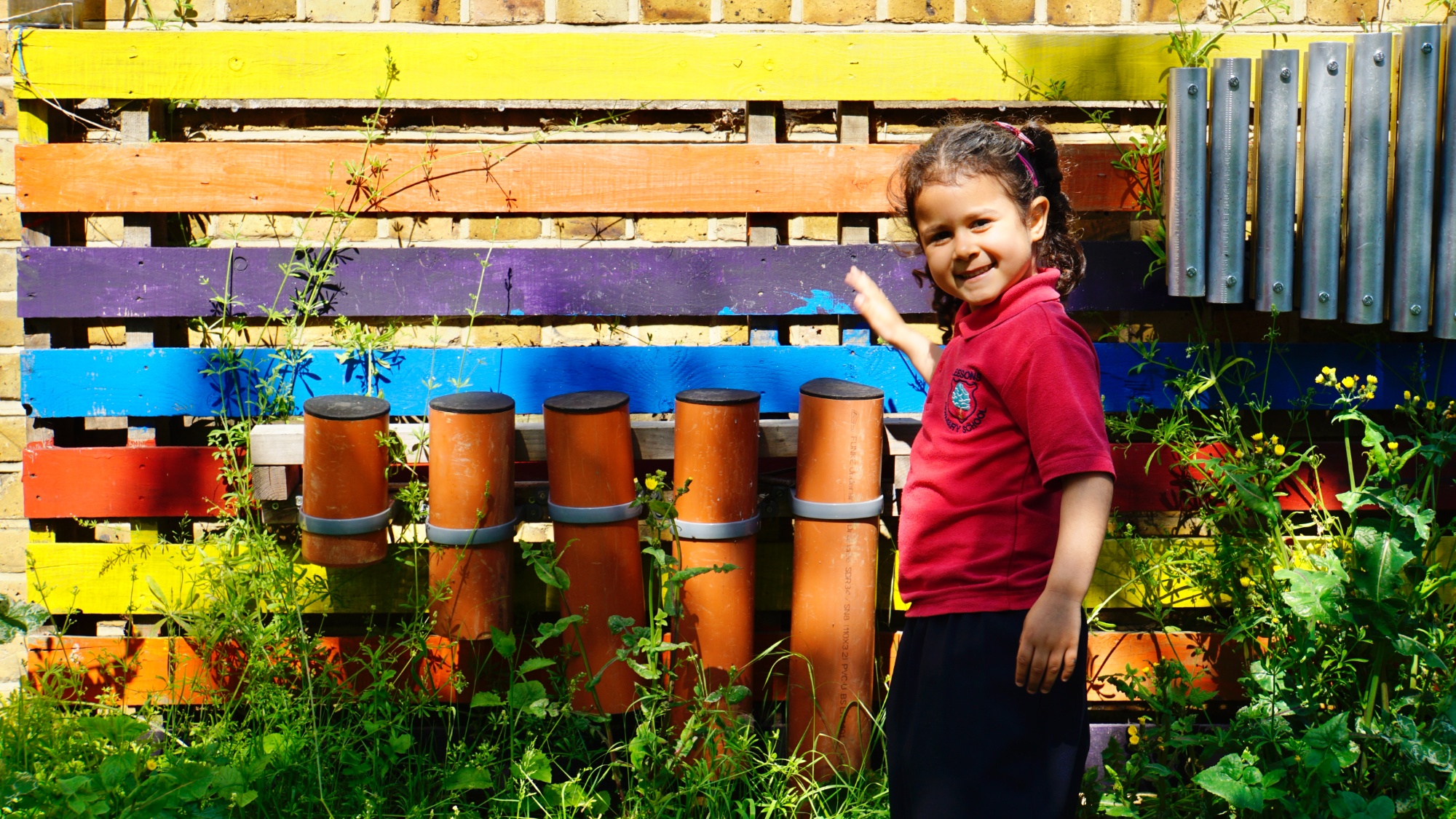Transition time: from primary to secondary
Moving schools from primary to secondary can be a daunting time for parents and children alike.
How can you help your child to cope?
Talking through issues and concerns with your child builds their confidence and gives them support in coping with the practical and emotional worries they may be experiencing. Try asking your child these three questions to get the conversation going:
What is the best thing about your new school?
What will you miss most about your old school?
What is the scariest thing about your new school?
Many larger schools have their own websites, which can offer answers to a lot of your child’s questions. You can find out about school trips, sports fixtures, homework expectations, and the choice of clubs on offer, which can all help alleviate the uncertainty.
As moving schools can be a stressful time, don't be surprised if your child loses their temper or gets irritable more often. They may start to argue with you over trivial things like their school uniform, packed lunch or pencil case. Remember to keep your mind on the bigger picture of supporting your child through these changes and be patient with them.
Pupils with special educational needs in particular can experience high levels of anxiety when making the transition to secondary school, but transition planning can help to ease the process.
Top tips for children starting secondary school:
- Encourage your child to be organised. Get them to pack their bag, pencil case etc. the night before so they don't have to worry in the morning.
- Remind them never to be afraid to ask for help, or talk to someone they trust, like you or their tutor if they’re concerned about anything.
- Suggest they make the first effort to make new friends.
- First impressions last a long time, so encourage them to make sure theirs are good ones – for organisation, presentation, and behaviour.
- Encourage them to make the most of all the new opportunities. They will have the chance to try out new clubs and activities.
- Help them to find out about the layout of the school, and learn where classrooms are (and the toilets!)
- Remind them to find out what their timetable is, what time they need to be at school, and what time they can go home.
- Make sure they know what uniform they need, and what to bring in for sport.
- Encourage them to enjoy it! Making new friends and learning new things is exciting. Remind them that everyone else is in the same boat, so they should just aim to have a good time!
